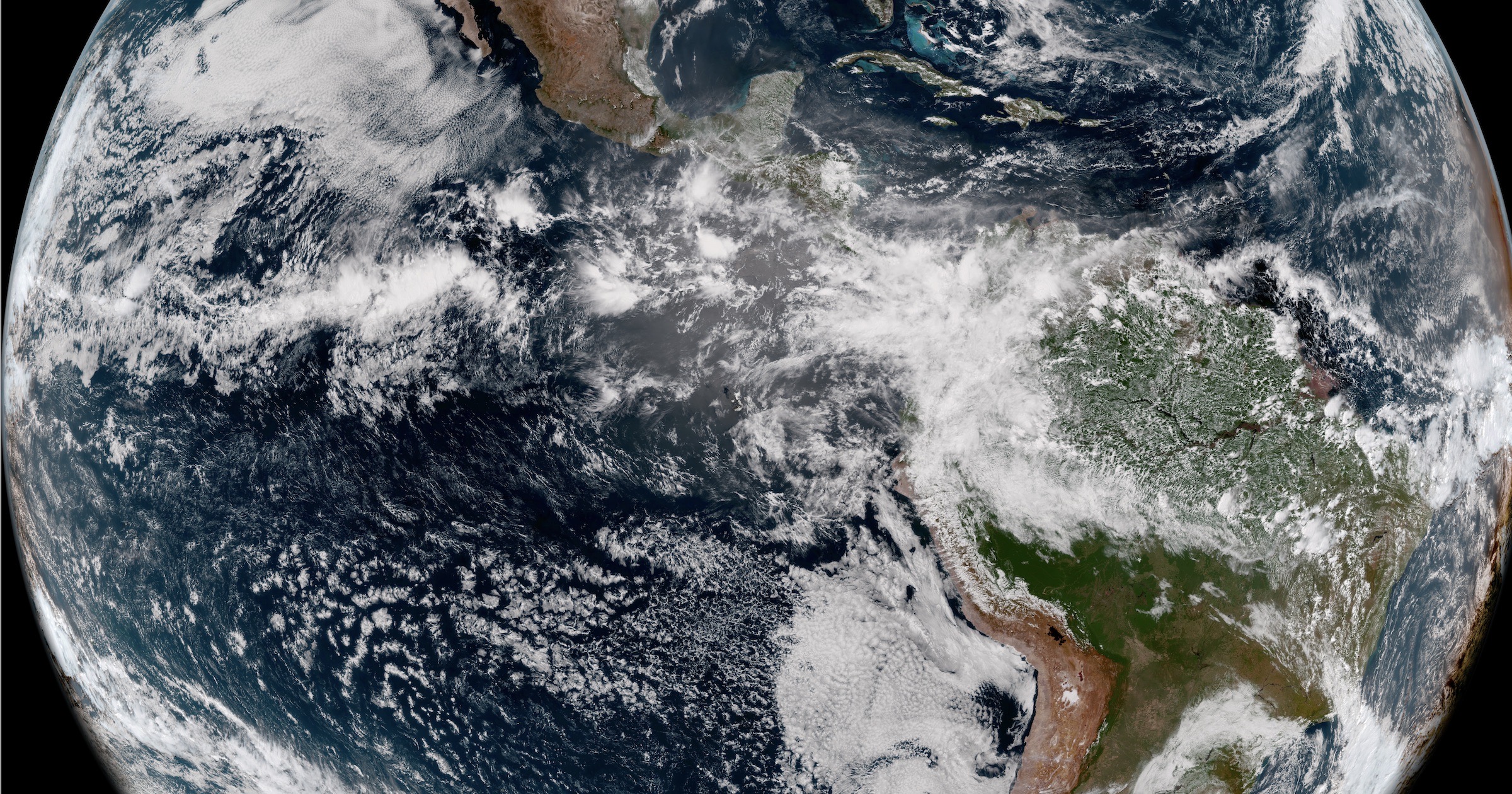 Culture & Ethics
Culture & Ethics
 Medicine
Medicine
Woke Watch: The Ideological Transformation of Medical Journals

Are medical journals now ideological publications that also report on medical studies, or do they remain generally scientific publications that also promote ideology? It’s hard to tell as once-august periodicals increasingly weigh in on the most contentious policy and cultural issues of our times by manufacturing a health connection to justify their opining.
For example, two years ago, more than 200 medical journals published an unprecedented joint editorial calling for more focused efforts to prevent global warming, including the obligatory need for “equity.” Well, they’re back. From the joint editorial:
Over 200 health journals call on the UN, political leaders, and health professionals to recognise that climate change and biodiversity loss are one indivisible crisis and must be tackled together to preserve health and avoid catastrophe. This overall environmental crisis is now so severe as to be a global health emergency.
We’ve Seen This Before
In addition to climate change, leaders of the medical establishment have argued that racism should be declared a public-health emergency. Ditto, guns. But this is the first time I have seen “biodiversity” included among the growing list of crises that demand such emergency declarations:
The 28th Conference of the Parties (COP) on climate change is to be held in Dubai, United Arab Emirates, from Nov 30 to Dec 12, 2023, while the 16th COP on biodiversity is due to be held in Türkiye in 2024. The research communities that provide the evidence for the two COPs are unfortunately largely separate, but they were brought together for a workshop in 2020 when they concluded that: “Only by considering climate and biodiversity as parts of the same complex problem . . . can solutions be developed that avoid maladaptation and maximize the beneficial outcomes.”
Now, it’s “planetary health,” which covers a lot of, er, ground:
As the health world has recognised with the development of the concept of planetary health, the natural world is made up of one overall interdependent system. Damage to one subsystem can create feedback that damages another—for example, drought, wildfires, floods, and the other effects of rising global temperatures destroy plant life and lead to soil erosion and so inhibit carbon storage, which means more global warming.
Adding biodiversity can be seen as a backup in case global warming doesn’t present the catastrophic future that alarmists predict:
People losing contact with the natural environment and the loss in biodiversity have both been linked to increases in non-communicable, autoimmune, and inflammatory diseases and metabolic, allergic, and neuropsychiatric disorders…
Communities are healthier if they have access to high-quality green spaces that help filter air pollution, reduce air and ground temperatures, and provide opportunities for physical activity. Connection with nature reduces stress, loneliness, and depression while promoting social interaction. These benefits are threatened by the continuing rise in urbanisation.
Time to empower the World Health Organization!
WHO should declare the indivisible climate and nature crisis as a global health emergency. The three pre-conditions for WHO to declare a situation to be a Public Health Emergency of International Concern are that it is serious, sudden, unusual, or unexpected; carries implications for public health beyond the affected state’s national border; and may require immediate international action.
Climate change would appear to fulfil all of those conditions. While the accelerating climate change and loss of biodiversity are not sudden or unexpected, they are certainly serious and unusual. Hence we call for WHO to make this declaration before or at the 77th World Health Assembly in May, 2024.
This, of course, would increase the power of the medical and public-health sectors, wouldn’t it? Funny, the editorial doesn’t mention that.
“Health” as a Pretext
The ultimate point of this exercise is to enable the looming technocracy to assume greater control over public policy by allowing emergency orders to impose drastic measures favored by the intelligentsia, as was done during Covid. Using “health” as the pretext, the public-health gurus seek to influence the direction of policy globally.
Such a declaration could also be seized upon as the justification for social-media companies to impose greater censorship on those who are skeptical that we face a climate catastrophe, and perhaps to lead woke corporations to engage in pressure actions to ostracize jurisdictions or resistance leaders to environmental orthodoxies.
By becoming increasingly ideological, medical journals are squandering their institutional authority and calling into question the trustworthiness of their content. The more these journals promote blatant ideology, the less the public will trust the public-health sector, meaning that the tactic could backfire. Instead of increasing the power of the “experts,” the journals might stoke public resistance to climate hysteria.
Cross-posted at National Review.
